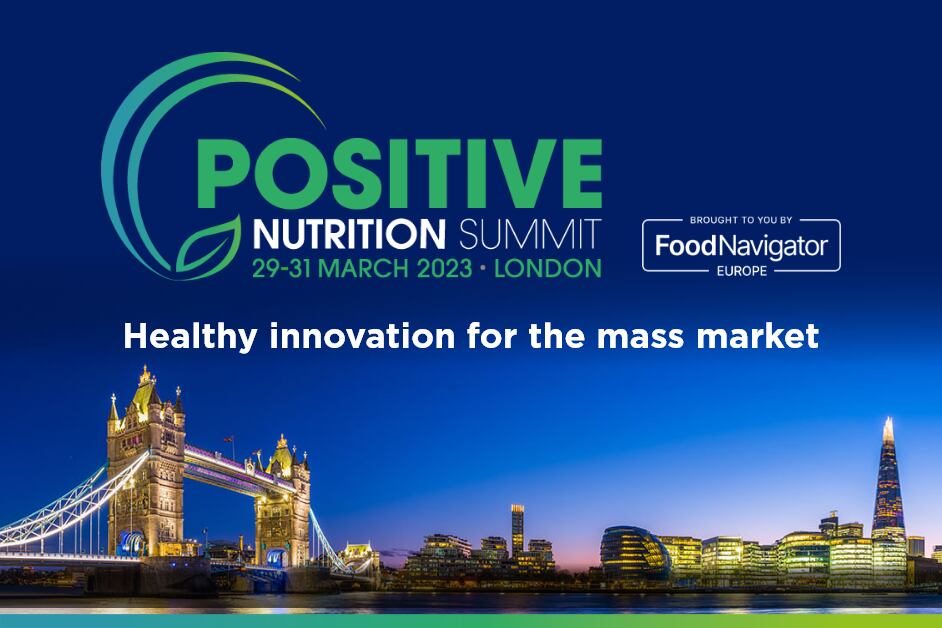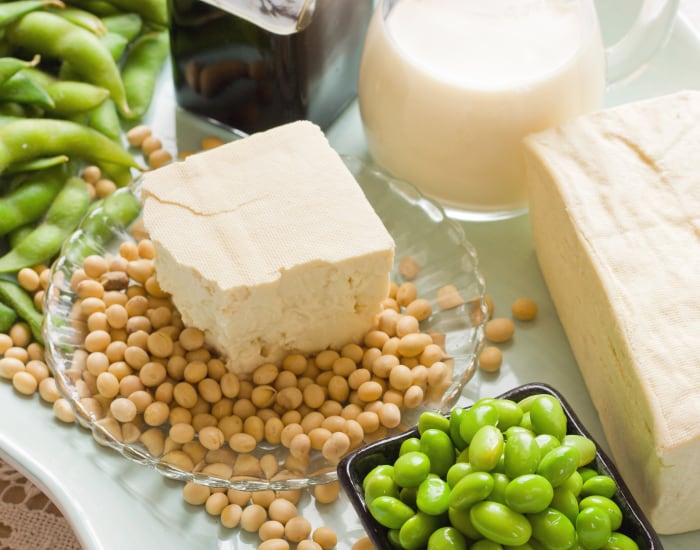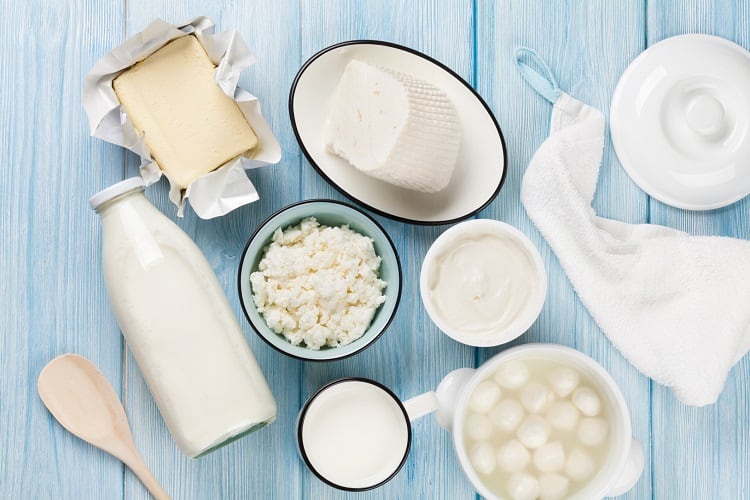In a proposed draft guidance issued last week, the US Food and Drug Administration (FDA) stated that plant-based milk alternatives may continue to describe their products as ‘milk’. The reason provided was that “consumers generally understand that [plant-based milk alternatives] do not contain milk and choose to purchase PBMA because they are not milk”.
The situation is very different in the UK, where using words such as ‘oat milk’, ‘vegan cheese’, and ‘plant butter’ is illegal.
Back in 2017, the European Court of Justice banned the use of dairy names such as ‘milk’, ‘butter’, ‘cheese’ and ‘yoghurt’ – with some exceptions – in the dairy-free category. Being a member of the EU at the time, these laws automatically applied to the UK. Three-years post-Brexit, they still do.
But some in the UK hope the Government is taking note of the FDA’s movements across the pond. If the US is allowed to use dairy descriptors, should a post-Brexit UK?
Brexit: an opportunity to ‘release the shackles’?
The Plant-Based Food Alliance UK (PBFA) perceives the UK’s departure from the EU an opportunity for promote and encourage plant-based innovation on home soil. The Government should be working to attract innovation, and regulation should follow suit, suggested PBFA chief executive Marisa Heath at the William Reed Plant-Based Steering Group meeting last week.
The UK could ‘release the shackles’ and tell stakeholders that ‘the place to come and innovate is the UK’. “Come and [innovate] here, because we’re going to get rid of all of those [outdated laws] holding up the sector.”
PBFA wants to get rid of EU regulations on dairy descriptors in the UK. “Aren’t we post-Brexit? [We need to] come up with new legislation that is modern for the UK and could be used as a platform… for other countries to follow.”

There have been suggestions, however, that the UK could be moving in the opposite direction. ProVeg UK has claimed the British Government is preparing to ban plant-based products from using dairy descriptor names such as ‘m*lk’, ‘mylk’, and ‘b*tter’.
The food awareness charity cited brands at risk include Flora Plant B+tter, M.L.K.Ology, Wunda Plant Based not Milk, and Mylk.
PBFA, too, told us the UK is seeking to further tighten a British ban on the use of dairy words for plant-based foods. “The purported rationale for the additional restrictions proposed by an ad hoc group of Trading Standards Officers – the Food Standards and Information Focus Group (FSIFG) – is that UK consumers may be confused by terms like ‘plant-based cheese’, ‘oat milk’ and ‘plant butter’, even though American consumers are trusted to understand them.”
A draft opinion from the FSIFG is indeed under way. “The draft is currently in progress, and a range of views on potential interpretation have been considered, including from representatives of plant-based food manufacturers," FoodNavigator was told by sources close to the development of the opinion earlier this year.
Spotlight on consumer confusion
If, as the FDA believes, US consumers understand that plant-based milk alternatives do not contain milk, is it likely UK consumers do, too?
According to new research conducted plant-based company Upfield – which owns dairy-free brands Flora, Bertolli, Emlea, and Violife, amongst others – consumers are neither confused nor misled. Results revealed consumers were only 1% more certain about the provenance of dairy products than non-dairy.
Despite having a name which nods to dairy butter, for example, 91% of consumers were confident in correctly identifying Flora Plant B+tter Salted as a non-dairy product.
“Do British officials really think that Brits are incapable of understanding the terms that people across the pond clearly don’t struggle with?” said Dominic Brisby, Upfield’s Regional President of Europe.
“There is absolutely no problem with consumers being confused. Consumers know exactly what products they are picking off supermarket shelves.”

PBFA’s chief executive said she welcomes the FDA’s recognition that consumers are ‘simply not confused’ by commonly-used plant-based terms.
“There is absolutely no reason to restrict the wording on plant-based milk packaging. Instead, we should be doing all we can to promote these products to enable an accelerated transition to climate friendly diets which is vital to help prevent ecosystem collapse.”
The Good Food Institute (GFI) Europe, too, believes the FDA should be ‘applauded’ for dealing with this ‘non-issue in a common sense way’. “Consumers, both in the United States and in the UK, are not buying plant-based dairy out of confusion – demand is growing because people want more sustainable options,” said Linus Pardoe, UK policy manager at GFI Europe.
“The fact that the UK Government is considering even tighter restrictions on plant-based dairy labels looks even more absurd in light of this. Ministers should instead follow the evidence, reconsider the UK’s existing outdated rules, and allow consumers to make informed choices.”
Dealing with nutritional differences
Not all agree. Trade association Dairy UK is supportive of legislation protecting terms such as milk, cheese, and yoghurt, which prevents makers of alternative products from using them on any of the packaging or within marketing of their products – subject to certain exemptions.
“These regulations are essential in ensuring consumers are not misled about the products they are buying; dairy products like milk are incredibly nutrient rich and even with fortification, alternatives are not able to provide the same levels of vitamins and minerals as the products they are trying to imitate,” Dairy UK chief executive Dr Judith Bryans told this publication.
“It’s great that consumers have such a range of choice nowadays, especially for those suffering with allergies, who are unable to consume dairy. However, the vast compositional differences between dairy and imitation alternatives means that calling a plant-based substitute ‘milk’ would be inappropriate.”

Dr Bryans’ comment on nutritional composition is even more topical, since the FDA draft guidance proposal suggests manufacturers of plant-based milk alternatives should display ‘prominent’ on-pack information that highlights which nutrients are lacking in these products.
“Many consumers may not be aware of the nutritional differences between milk and PBMA products,” noted the FDA. Therefore, PBMA products should include a “voluntary nutrient statement that conveys how the product compares with milk based on the US Department of Agriculture’s Food and Nutrition Service fluid milk substitutes nutrient criteria”.
This element of the FDA’s draft guidance, PBFA does not support. “I don’t think we want to be going down that road at all,” said chief executive Heath at the Plant-Based Steering Group meeting. And if a nutrient statement front-of-pack was suggested for all plant-based alternatives, this would not only be ‘problematic’, but ‘discriminatory’, she explained.
“It’s far too simple and discriminatory to say that plant-based products have to do that, but then meat wouldn’t have to say it contains ‘X times the saturated fat than a plant-based product’. It doesn’t make sense to us.”
Keen to hear more about plant-based innovation? Come join us at our upcoming face-to-face event in London Positive Nutrition 2023: Healthy Food for the Mass Market.
Over the course of three days (29-31 March), FoodNavigator journalists will be joined by a host of experts from dieticians and nutritional scientists to food entrepreneurs and big brands to examine how the latest nutritional science and technology can meet evolving consumer demands.
For more information or to register, click HERE.





